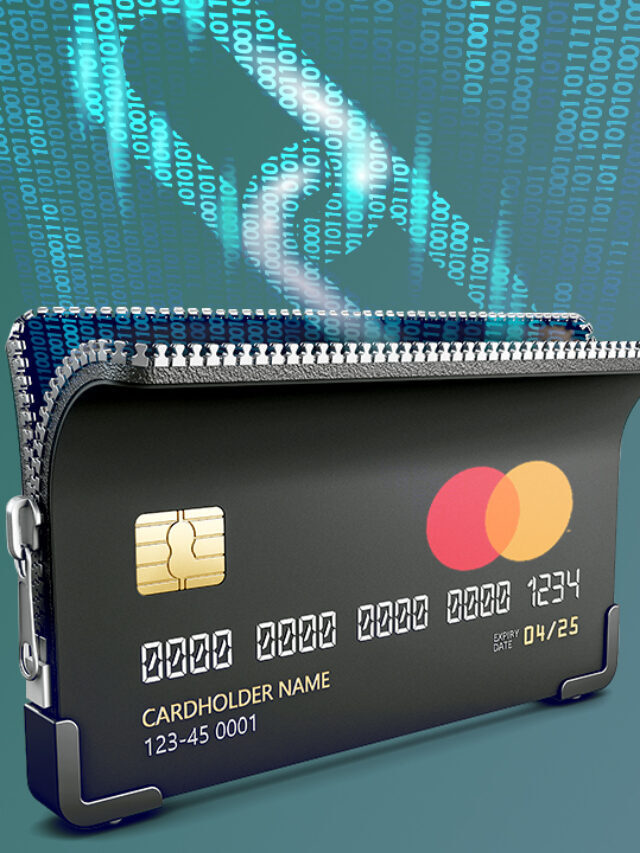Cryptography is a method of securely exchanging confidential information and using encryption algorithms. To use this technology, you need to know what the various modules that exist in crypto are and how they perform their various tasks.
What is a cryptographic module?
Cryptographic modules are a type of hardware device that performs cryptographic tasks. They are used in various devices, including personal computers, smartphones, and digital wallets. Cryptographic modules can be used to protect data and users’ privacy.
Cryptographic modules are made up of integrated circuits (ICs). ICs are chips that contain circuitry that can perform complex mathematical operations. Cryptographic modules use these ICs to perform cryptographic tasks. The ICs in a cryptographic module are designed to handle the complexities of cryptography. Cryptography is the procedure of protecting data using encryption techniques. Encryption is a technique that transforms readable data into an unreadable format. The transformed data is known as ciphertext. Decryption is the procedure of transforming ciphertext back into readable data.
Cryptographic modules can be used for various purposes, including authentication and security. Authentication is the activity of verifying the identity of someone or something. Security is the protection of details from unauthorized access or disclosure. Cryptographic modules can provide security for user data and the devices that store user data. They can also be used to safeguard against attacks on devices that use them.
Cryptographic modules have been in use for a long time in many different applications. In addition, many cryptographic modules perform other functions, such as digital signature and encryption schemes. A common type of cryptographic module is the one-way hash function. This module produces a fixed length value (the output) from any input. One example of this module type is the MD5 message digest function which is widely used on the Internet to ensure security when transferring sensitive information over an open network (e.g., computer networks). This function works so well because it can be used to generate a unique value for any given set of data without knowing what specific data was put into the system or how it was put there.
How does a cryptographic module work?
Cryptographic modules are tiny computers that can perform a variety of cryptographic tasks. They are often used in devices like smartphones and laptops but can also be used in larger systems like banks and websites. Cryptographic modules use a variety of algorithms to secure data or make transactions. Some examples of cryptographic modules include RSA, elliptic curve cryptography (ECC), and hashing algorithms. Cryptographic modules have been around for years, but they have become more prevalent because they are small and efficient.
Different types of modules and their features
Cryptocurrency modules are becoming more popular as technology develops. They can be used to perform cryptographic tasks and customized for different purposes. Here are the different types of cryptocurrency modules and their features.
Types of Cryptocurrency Modules
Three types of cryptocurrency modules are private, public, and hybrid.
Private cryptocurrency modules are designed for use by a single entity. They are typically used to store confidential data or to perform cryptographic tasks.
Public cryptocurrency modules are designed for use by a large number of entities. They are used to exchange currency or to perform other financial tasks.
Hybrid cryptocurrency modules are a combination of the two previous types. They can be used to store confidential data and perform cryptographic tasks, or they can be used to exchange currency and perform other financial tasks.
Features of Cryptocurrency Modules
Cryptocurrency modules come with a variety of features. Some shared characteristics include:
· Privacy: Many private cryptocurrency modules provide privacy features that protect user data from being accessed by unauthorized individuals. Public cryptocurrency modules also offer privacy features, but they may also allow others to view user data if the user enables this information to be viewed by the public.
· Confidentiality: Cryptocurrency modules may provide some means to ensure that data exchanged between users and other parties remain confidential. Privacy features can also help maintain the confidentiality of exchanged data.
· Security: Cryptocurrency modules may also offer means to ensure that electronic information exchanged between users is secure from unauthorized access or alteration.
· Ease of use: Some cryptocurrency modules simplify tasks related to storing, sending, receiving, and keeping track of tokens using the system. These modules are designed with users in mind, not with the concern that users of the system may want to run sophisticated software applications on the module itself.
Commonly used cryptographic modules.
Cryptographic modules are small software programs that perform cryptographic tasks, such as hashing, signing, and encryption. Cryptographic modules are widely used in applications such as online banking and e-commerce, where security is essential. They are also used in public key cryptography, where two users share a secret key to communicate securely. In general, cryptographic modules can be divided into two categories: symmetric and asymmetric. Symmetric cryptographic modules use the same key to encrypt and decrypt data. As a result, they are unsafe to attack if the key is leaked. Asymmetric cryptographic modules use different keys for encryption and decryption. It limits the risk of a critical leak, but asymmetric cryptographic modules are generally more complex.
Conclusion
Cryptographic tasks are essential for ensuring the security of our online transactions and data. However, these tasks can be computationally intensive, so many companies turn to blockchain technology to help with these calculations. In this article, we will explore crypto modules and how they work to ensure data security in cryptocurrency transactions. I hope this detail has helped you understand the importance of cryptography in today’s digital world and given you a better comprehension of how crypto modules play a role in securing data.




















